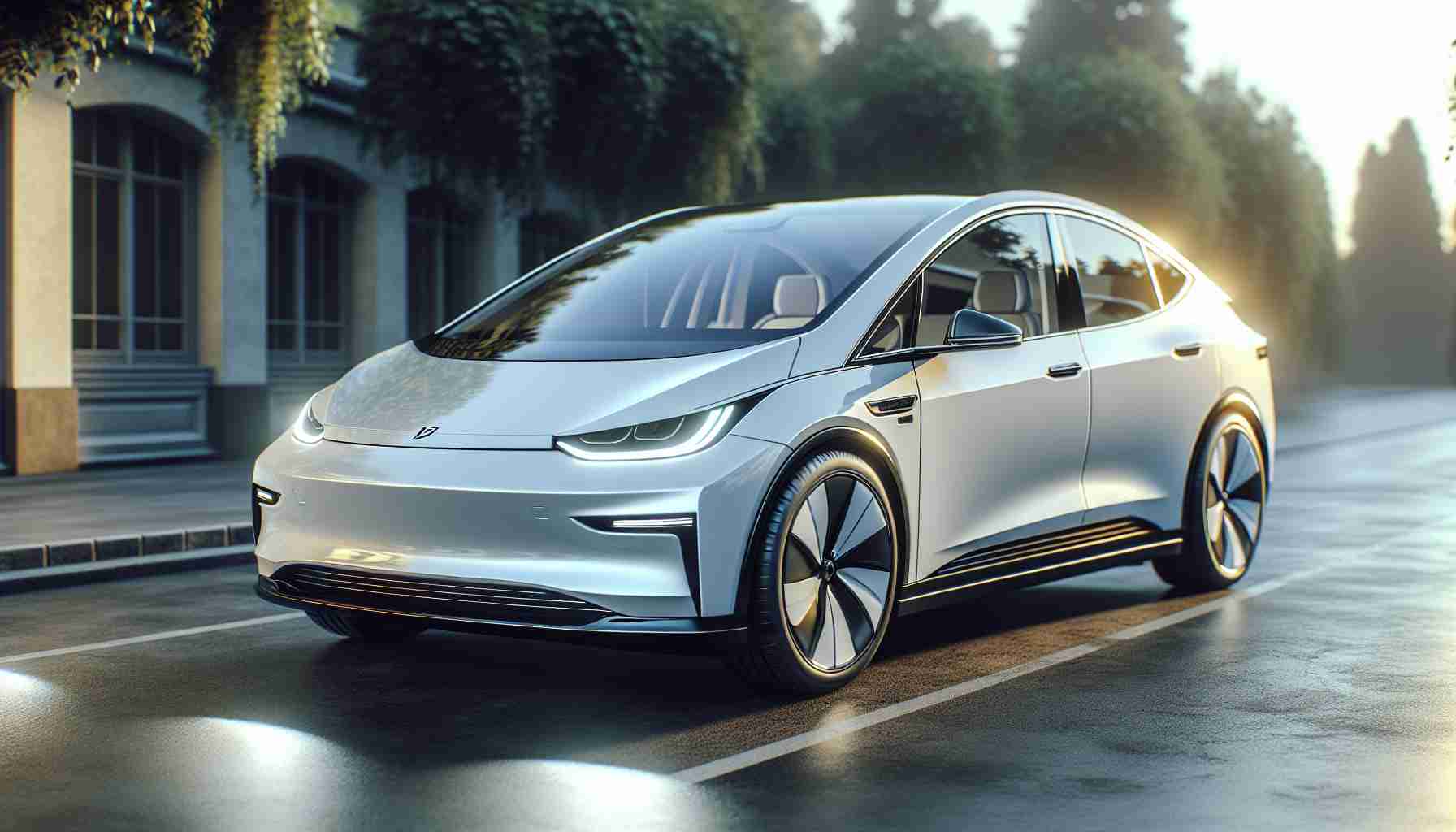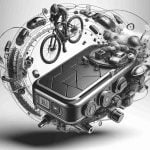Innovative Korean Electric Cars Outshine Tesla in Safety Tests
The latest evaluations from the Ministry of Land, Infrastructure and Transport and Korea Automobile Testing & Research Institute (KATRI) highlight a shift in electric vehicle safety standards. In the 2024 Korea New Car Assessment Program (KNCAP), two emerging players have taken the lead: the Kia EV3 and Hyundai Casper Electric.
Following a recent fire incident in Cheongna, Incheon, authorities have sharpened their focus on Battery Management System (BMS) safety to enhance electric vehicle fire prevention. As a result, BMS safety features have become a pivotal component of the KNCAP ratings.
In their first BMS test, the Kia EV3 and Hyundai Casper Electric earned impressive grades, scoring 72.7 out of 100. This achievement places them in grade 2 by KNCAP standards. These vehicles excel in detecting potential battery issues, promptly alerting both drivers and manufacturers through a sophisticated warning system.
In contrast, the Tesla Model Y lagged in this assessment, achieving only 59.1 points and receiving a grade of 4. The Model Y relies on its staff to communicate battery warnings to owners, which affected its overall score.
The results indicate an advancement in safety technology for Korean electric vehicles, marking them as reliable alternatives in the competitive EV market. As safety features become increasingly crucial, the emphasis is on innovation and proactive systems to secure both drivers and vehicles on the road.
How Korean Electric Cars Are Setting New Safety Standards
The landscape of electric vehicle safety is undergoing a significant transformation, with Korean automakers leading the way in advancing safety technologies. Recent evaluations from the Ministry of Land, Infrastructure and Transport, alongside the Korea Automobile Testing & Research Institute (KATRI), underscore the pivotal role of Battery Management Systems (BMS) in these developments.
The Rise of Advanced Safety Features in Korean EVs
As part of the 2024 Korea New Car Assessment Program (KNCAP), the Kia EV3 and Hyundai Casper Electric have emerged as frontrunners, heralding a new era of safety in electric vehicles. These models have been lauded for their sophisticated BMS, scoring an impressive 72.7 out of 100, earning them a grade 2 rating by KNCAP standards. These systems are expertly designed to detect and respond to potential battery issues, employing advanced warning mechanisms that promptly notify drivers and manufacturers. This proactive approach is a step ahead in mitigating risks associated with battery-related incidents, such as the recent fire incident in Cheongna, Incheon.
Comparison with Tesla: A Wake-Up Call for International Automakers
In stark contrast, the Tesla Model Y has fallen behind its Korean counterparts, with a BMS score of only 59.1, resulting in a grade of 4. The Model Y’s reliance on human intervention for communicating battery warnings has been cited as a significant shortfall, highlighting the necessity for automation and immediacy in safety systems. Tesla’s model illustrates the challenges international automakers face in the rapidly evolving safety landscape of the EV market.
Safety Innovations: The New Benchmark for Electric Vehicles
Korean electric vehicles are setting a precedent not only in safety technology but also in integrating these systems seamlessly into the driver experience. The focus on innovation extends beyond BMS, as automakers strive to enhance other aspects of vehicle safety and performance.
Predictions for the Future of EV Safety
Looking forward, the emphasis on BMS and other safety technologies is expected to grow, potentially reshaping consumer expectations and industry standards globally. As electric vehicles continue to evolve, the collaboration between technology developers and manufacturers will be crucial in creating safer, more reliable, and environmentally sustainable solutions.
Korean automakers like Kia and Hyundai are proving that safety and innovation go hand in hand, setting new benchmarks that others may soon follow.
For more insights into how these advancements are influencing the global automotive industry, consider exploring the official websites of Kia and Hyundai .







